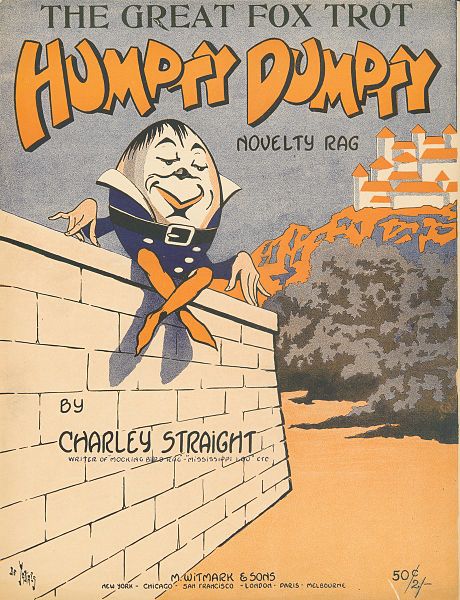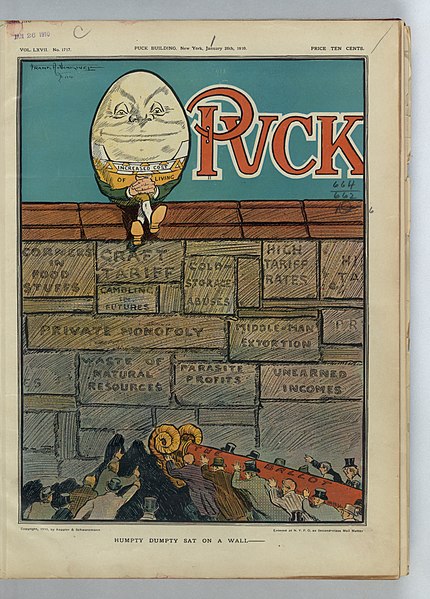
Through the generosity of the late Professor Benedict Anderson and Ajarn Charnvit Kasetsiri, the Thammasat University Library has newly acquired some important books of interest for students of Association of Southeast Asian Nations (ASEAN) studies, political science, literature, and related fields.
They are part of a special bequest of over 2800 books from the personal scholarly library of Professor Benedict Anderson at Cornell University, in addition to the previous donation of books from the library of Professor Anderson at his home in Bangkok. These newly available items will be on the TU Library shelves for the benefit of our students and ajarns. They are shelved in the Charnvit Kasetsiri Room of the Pridi Banomyong Library, Tha Prachan campus.
Among them is a newly acquired book that should be useful to TU students who are interested in American history, law, and related subjects.
All the King’s Men is a 1946 novel by the American poet and author Robert Penn Warren.
The TU Library collection includes other books by and about Robert Penn Warren.
At the Rewat Bhuddinan Media Center on the Underground 2 level of the Pridi Banomyong Library, Tha Prachan campus, students are welcome to see the Hollywood film adaptation of All the King’s Men.
The novel tells the story of populist governor Willie Stark and his political activites in the Depression-era Deep South of the United States of America. It was inspired by the real-life story of U.S. Senator Huey P. Long, who was assassinated in 1935.
The book’s title, All the King’s Men, was derived from an English language nursery rhyme Humpty Dumpty, which dates back to the 1700s in England. It features an egg that falls off a wall, is broken, and can’t be put back together:
Humpty Dumpty sat on a wall.
Humpty Dumpty had a great fall.
All the king’s horses and all the king’s men
Couldn’t put Humpty together again.
In Warren’s novel, Willie Stark may be seen as a monarch and all of his associates cannot help him after he is targeted in a revenge slaying.
A further irony in the novel is that a doctor, who is trained to help him in such situations, is the one who shoots him. According to other researchers, Willie Stark may also represent Humpty Dumpty, because both experience a great fall.

Here are some quotes from the novel:
Chapter 1
- The end of man is knowledge but there’s one thing he can’t know. He can’t know whether knowledge will save him or kill him. He will be killed, all right, but he can’t know whether he is killed because of the knowledge which he has got or because of the knowledge which he hasn’t got and which if he had it would save him.
- How life is strange and changeful, and the crystal is in the steel at the point of fracture, and the toad bears a jewel in its forehead, and the meaning of moments passes like the breeze that scarcely ruffles the leaf of the willow.
- I owed my success to that principle. It had put me where I was. What you don’t know don’t hurt you, for it ain’t real. They called that Idealism in my book I had when I was in college, and after I got hold of that principle I became an Idealist. I was a brass-bound Idealist in those days. If you are an Idealist it does not matter what you do or what goes on around you because it isn’t real anyway.
- If the human race didn’t remember anything it would be perfectly happy.
Chapter 2
- If something takes too long, something happens to you. You become all and only the thing you want and nothing else, for you have paid too much for it, too much in wanting and too much in waiting and too much in getting.
- Sometimes sleep gets to be a serious and complete thing. You stop going to sleep in order that you may be able to get up, but get up in order that you may be able to go back to sleep.
Chapter 3
- We get very few of the true images in our heads […], the kind which become more and more vivid for us as if the passage of the years did not obscure their reality, but, year by year, drew off another veil to expose a meaning which we had only dimly surmised at first. Very probably the last veil will not be removed, for there are not enough years, but the brightness of the image increases and our conviction increases that the brightness is meaning, or the legend of a meaning, and without the image our lives would be nothing except an old piece of film rolled on a spool and thrown into a desk drawer among the unanswered letters.
- There is nothing more alone than being in a car at night in the rain.
- They say you are not you except in terms of relation to other people. If there weren’t any other people there wouldn’t be any you because what you do, which is what you are, only has meaning in relation to other people.
Chapter 4
- It is human defect—to try to know oneself by the self of another.
Chapter 5
- An ambitious man is a man who wants other people to think he is great.
- If you ask something quick and sharp out of a clear sky you may get an answer you never would get otherwise. If the person you ask has forgotten the thing, the quick, sharp question may spear it up from the deep mud, and if the person has not forgotten but does not want to tell you, the quick, sharp question may surprise the answer out of him before he thinks.
Chapter 6
- There once was a man named Dante, who said that the truly proud man who knew his own worth could never commit the sin of envy, for he could believe that there was no one for him to envy. He might just as well have said that the proud man who knew his own worth could not be susceptible to flattery, for he would believe that there was nothing anybody else could tell him about his own worth he didn’t know already.
- You have to make the good out of the bad because that is all you have to make it out of.

(All images courtesy of Wikimedia Commons)
